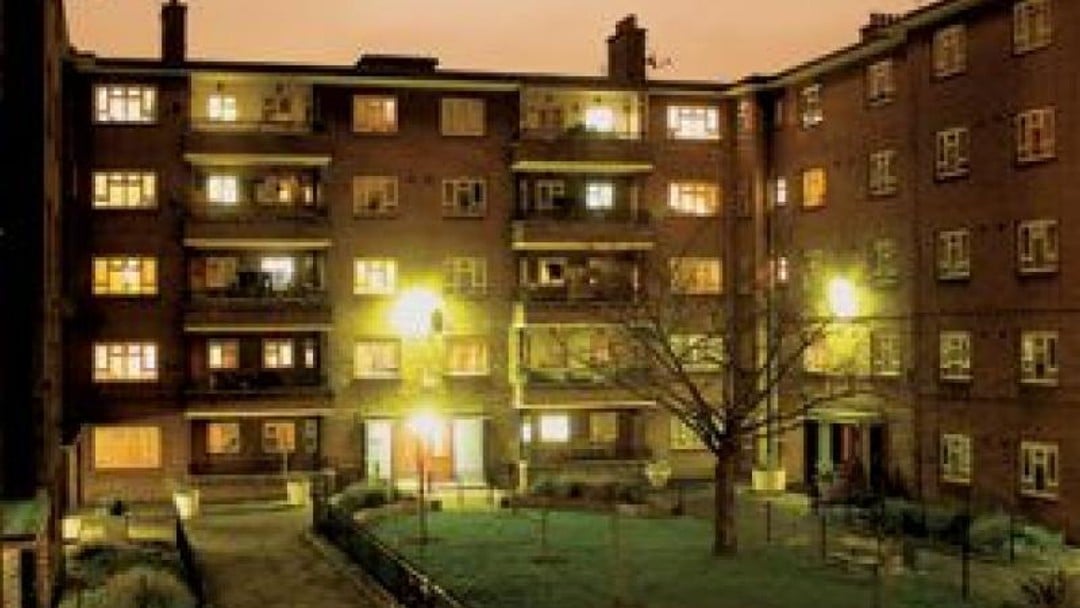Homeless families can be accommodated in separate flats

Lord Kerr warns that councils will 'exploit' Supreme Court ruling
Homeless families can be accommodated in separate flats and do not have to be housed in the same units, Supreme Court justices ruled this morning.
However one of them, Lord Kerr, warned that the majority decision may lead local authorities to “exploit” the opportunity to house families in different units “to the fullest extent”.
The court heard that Camden Council accepted that it owned a duty under the Housing Act 1996 to accommodate Ms Sharif, her father, who is in his sixties and has health problems, and her teenage sister.
They lived in a hostel, then in a three bedroom house owned by a private landlord before the council asked them in 2009 to move to two flats on the same floor of a block in North London, separated by only a few yards.
Ms Sharif refused, saying her father’s medical condition required her to live in the same unit of accommodation.
Delivering the leading judgment in Sharif v the London Borough of Camden [2013] UKSC 10, Lord Carnwath said the issue raised was whether families needed to be accommodated, under section 176 of the Act, “not only together, but in a single unit of accommodation.”
He said that accommodation was only considered “available” under the Act if it was available for the homeless person “together with” family members.
Lord Carnwath ruled that in this case, the test had been met, as it was “hard to see why two rooms on different floors of a hotel or hostel would satisfy the council’s duty, but two adjacent flats would not”.
He allowed Camden Council’s appeal. Lord Walker agreed, as did Lord Hope and Lady Hale, for their own reasons.
However, Lord Kerr dissented. “A home is where a family lives together,” he said. “The family unit may comprise many generations or it may consist of merely two people.
“But at its heart and foundation lies the family home where its members share experiences and live their lives together.
“This is why the notion of providing accommodation for a family to live as a single unit, not dispersed or living apart, occupies such a central place in the homelessness legislation of the last century.”
Lord Kerr warned that if the opportunity was available to house families in different living units, there was “every reason to suppose that local authorities, with the pressures that are placed on them to meet housing need, will, perfectly understandably, seek to exploit that opportunity to the fullest extent.”

